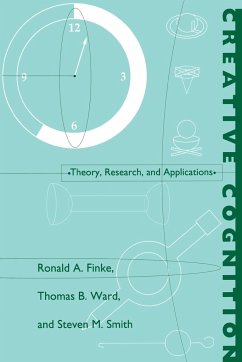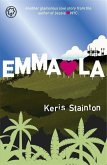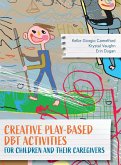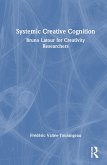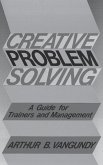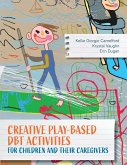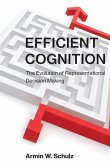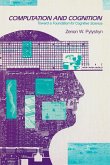Creative Cognition combines original experiments with existing work in cognitive psychology to provide the first explicit account of the cognitive processes and structures that contribute to creative thinking and discovery. Creative Cognition combines original experiments with existing work in cognitive psychology to provide the first explicit account of the cognitive processes and structures that contribute to creative thinking and discovery. In separate chapters, the authors take up visualization, concept formation, categorization, memory retrieval, and problem solving. They describe novel experimental methods for studying creative cognitive processes under controlled laboratory conditions, along with techniques that can be used to generate many different types of inventions and concepts. Unlike traditional approaches, Creative Cognition considers creativity as a product of numerous cognitive processes, each of which helps to set the stage for insight and discovery. It identifies many of these processes as well as general principles of creative cognition that can be applied across a variety of different domains, with examples in artificial intelligence, engineering design, product development, architecture, education, and the visual arts. Following a summary of previous approaches to creativity, the authors present a theoretical model of the creative process. They review research involving an innovative imagery recombination technique, developed by Finke, that clearly demonstrates that creative inventions can be induced in the laboratory. They then describe experiments in category learning that support the provocative claim that the factors constraining category formation similarly constrain imagination and illustrate the role of various memory processes and other strategies in creative problem solving.
Hinweis: Dieser Artikel kann nur an eine deutsche Lieferadresse ausgeliefert werden.
Hinweis: Dieser Artikel kann nur an eine deutsche Lieferadresse ausgeliefert werden.

